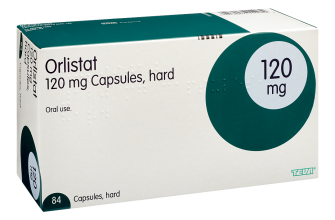Need clear, concise information about methotrexate? Start with dosage: Adults typically receive 7.5-20 mg weekly, though your doctor will personalize this based on your condition and response. Adjustments are common; close monitoring is key.
Remember potential side effects. These range from mild nausea and fatigue to more serious issues like liver damage or bone marrow suppression. Regular blood tests are vital to detect and manage these complications. Open communication with your physician is paramount.
Methotrexate’s uses extend beyond rheumatoid arthritis. It effectively treats psoriasis, certain types of cancer, and ectopic pregnancies. However, specific administration methods and dosages differ significantly depending on the targeted condition. Always follow your doctor’s instructions meticulously.
Before starting methotrexate, discuss any existing health conditions, especially liver or kidney problems. Also, inform your doctor about all medications you’re currently taking, including over-the-counter drugs and supplements, to avoid dangerous interactions. Pregnancy and breastfeeding are contraindications. Safety precautions are not optional.
In short: Methotrexate is a powerful drug with a range of applications, but it requires careful management and close medical supervision. Don’t hesitate to ask your healthcare provider any questions; your understanding is crucial for optimal treatment and minimizing risks.








